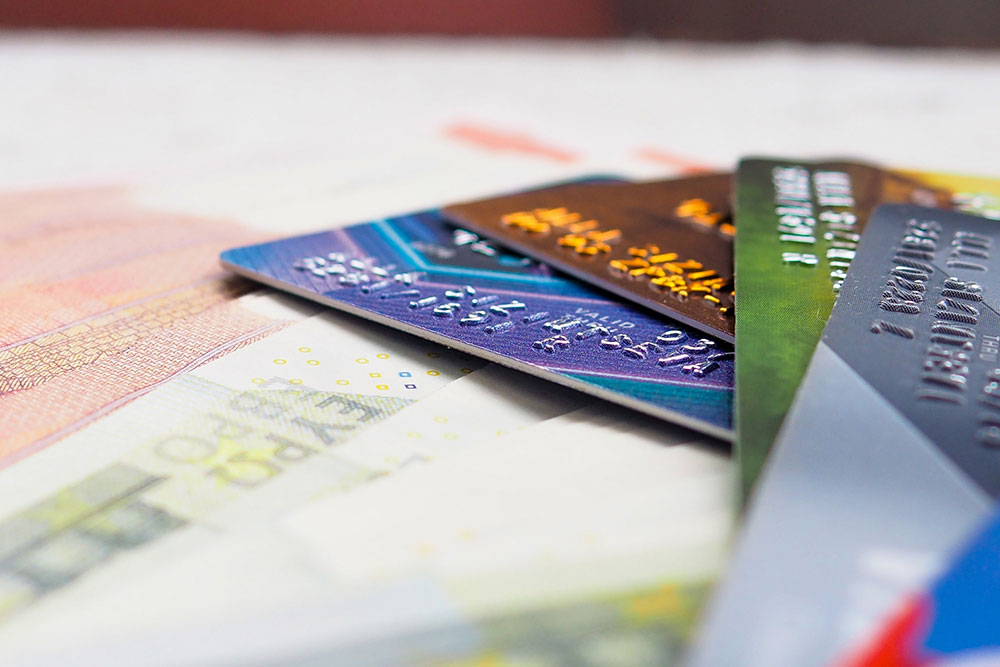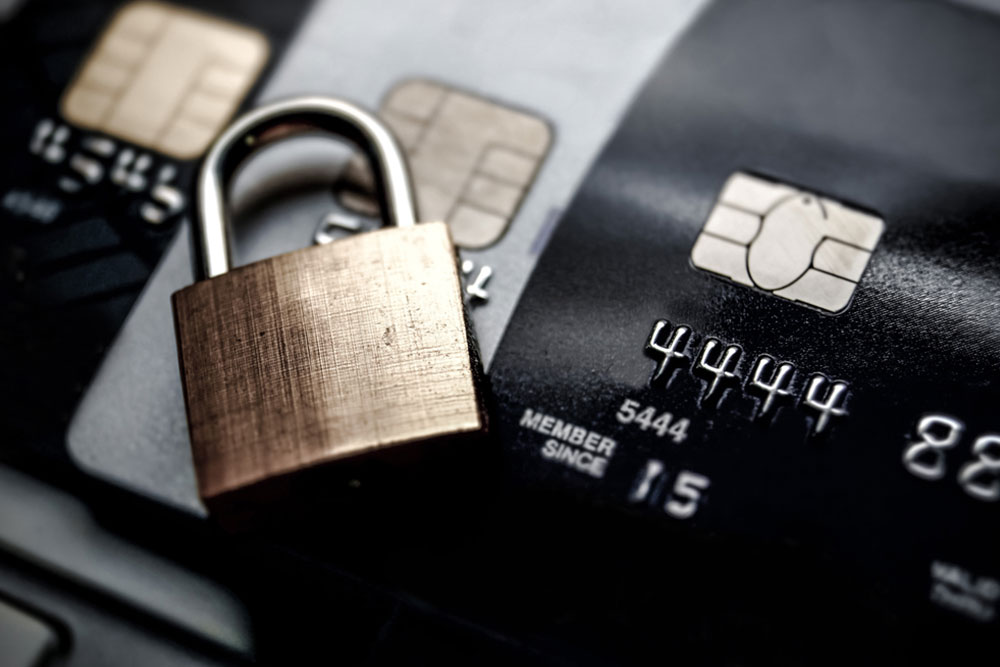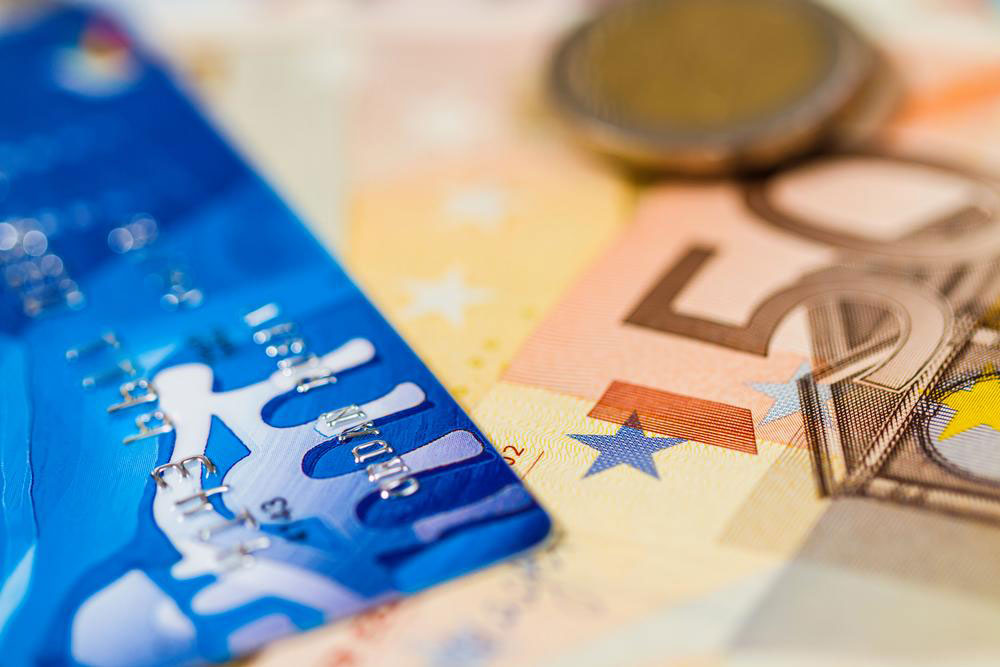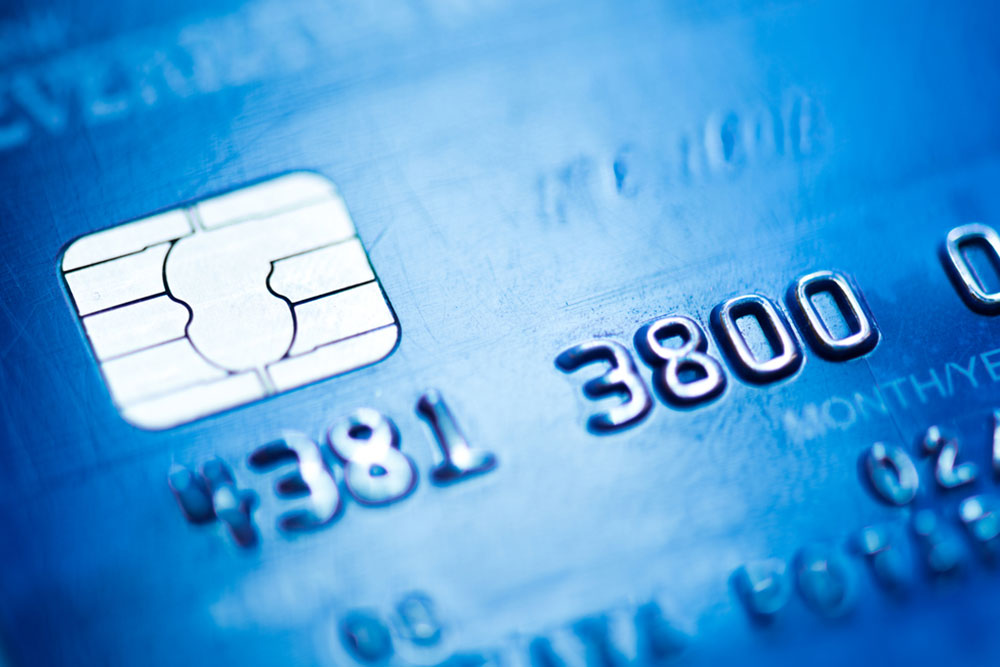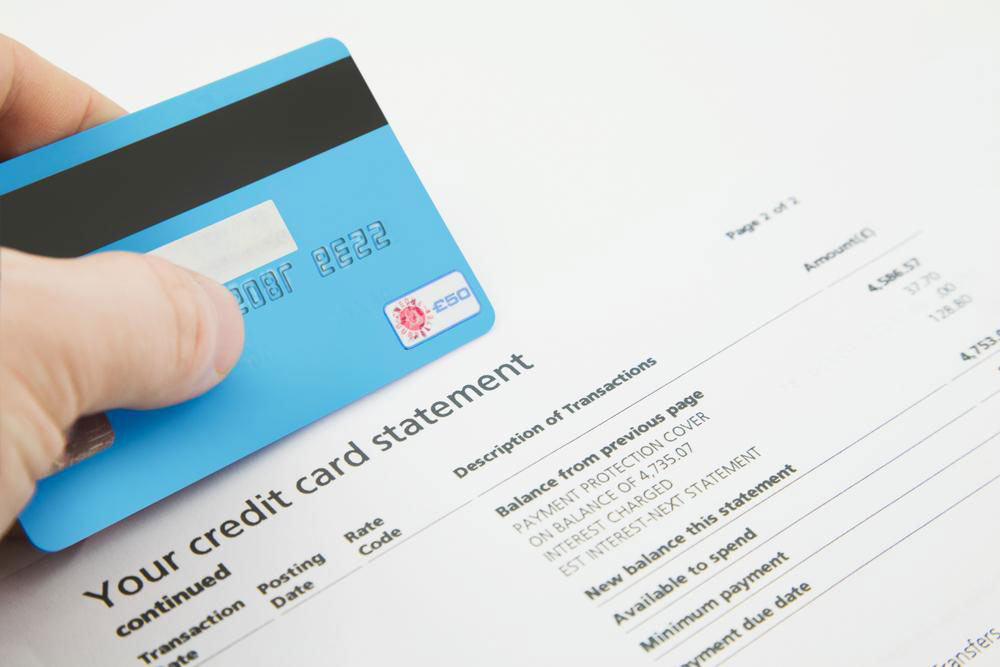Comprehensive Guide to Essential Credit Card Types for Building and Improving Your Credit Score
Learn about the most effective secured credit cards and strategies to build or repair your credit score. From Discover's popular secured card to options tailored for those with damaged credit, this comprehensive guide covers features, benefits, and tips to help you improve your financial health over time. Responsible usage, choosing the right card, and understanding key factors are essential for success in your credit-building journey.

Comprehensive Guide to Essential Credit Card Types for Building and Improving Your Credit Score
Establishing and maintaining a solid credit history is crucial for financial health and future opportunities. For individuals with limited or damaged credit profiles, secured credit cards are among the most effective tools to rebuild credit. These cards require a security deposit, which acts as collateral, making them accessible to those with no prior credit or poor credit history. Over time, responsible use of secured credit cards can lead to higher credit scores, better loan terms, and access to unsecured credit options. In this comprehensive guide, we explore some of the top secured and specialized credit cards designed to help you build or repair credit efficiently, detailing their features, advantages, and drawbacks.
Discover it Secured Card
The Discover it Secured Card is an excellent starting point for those looking to establish or rebuild their credit profile effortlessly. It offers a straightforward path to transition to an unsecured card after eight months of responsible use. One of its key features is a reward program that provides 2% cash back on dining and gas station purchases up to $1,000 each quarter, along with 1% back on other eligible purchases. This makes it not only a tool for credit building but also a way to earn rewards during everyday spending. The card carries no annual fee, making it a cost-effective option for those wary of extra charges. Its security deposit requirement is a minimum of $200, with a maximum credit limit of up to $2,500, depending on the deposit amount.
Pros and Cons of the Discover it Secured Card
Pros include no annual fee, which reduces ongoing costs, and an automatic review process after eight months for potential upgrade to an unsecured card. This upgrade pathway can significantly improve credit scores and borrowing capacity without additional application hurdles. However, the deposit requirement, starting at $200, could be a barrier for some. The maximum limit of $2,500 may also limit those seeking higher credit lines early in their credit journey.
OpenSky Secured Visa
The OpenSky Secured Visa stands out because it does not require a credit check to apply, making it suitable for individuals with severely damaged credit or no credit history at all. This feature simplifies the approval process for many applicants. The deposit requirements range from $200 to $3,000, and payments can be conveniently made via debit card, wire transfer, or money order. The card incurs an annual fee of $35 and carries an APR of approximately 18.14%. This card provides a straightforward method for rebuilding credit without the need for a bank account, which can be especially appealing to financially excluded populations or those with banking issues. Responsible use, such as timely payments and keeping balances low, can help improve credit scores over time.
Capital One Secured Mastercard
The Capital One Secured Mastercard is a flexible secured credit card that is popular among new credit users. It offers the unique advantage of potential lower deposits, starting as low as $49, with a $200 deposit for standard limits. One of its standout features is the possibility of increasing your credit limit by making installment payments before activating the card. Moreover, careful and prompt payments can contribute to your credit score growth and may boost your overall credit limit over time. However, the card has an APR of 24.99%, which is higher than some other secured cards, and eligibility criteria include having an active checking account or not being recently discharged from bankruptcy. It is particularly suitable for those just beginning their credit repair journey or looking for a straightforward way to establish credit.
Digital Federal Credit Union Visa Platinum Secured
This card is ideal for those seeking a secured credit card with minimal fees. It features no annual fee and no fees for transfers, with a competitive variable APR of 12.50%. One notable advantage is that it does not require a minimum security deposit, although membership in the Digital Federal Credit Union is mandatory. By paying your full bill each month, you can effectively build your credit score over time. This card can serve as an excellent stepping stone for consumers aiming for low-cost credit building options.
Citi Secured Mastercard
The Citi Secured Mastercard offers a cost-effective option with no annual fee and a variable APR around 23.49%. The deposit requirements are flexible, ranging from $200 to $2,500, depending on the applicant's needs and credit profile. Applicants with no recent bankruptcies are more likely to receive approval, making it a reliable option for those working to rebuild credit. This card combines affordability with accessible features, enabling users to gradually increase their creditworthiness through responsible use.
Wells Fargo Secured Visa
The Wells Fargo Secured Visa caters to individuals with poor credit seeking higher deposit limits, offering deposits from $300 up to $10,000. The goal of this card is to help users transition to unsecured credit, providing a pathway to better borrowing terms. Due to its higher initial deposit requirements, it is more suitable for individuals with the means to make larger security deposits. Its features include the possibility of deposit refunds upon successful transition to an unsecured account, making it an attractive option for serious credit repair efforts.
The success of using secured credit cards hinges on several key factors. When choosing a card, consider annual fees, security deposit requirements, potential for credit limit increases, and whether the card reports to major credit bureaus such as Experian, Equifax, and TransUnion. Ideally, opt for cards that offer pre-qualification options, which give a better chance of approval without impacting your credit score. Additionally, some secured cards provide rewards or cash back bonuses, adding extra value to your credit-building activities.
Building good credit is a gradual process that requires consistent responsible usage of your credit cards. Regularly paying your bills on time, keeping balances low, and avoiding unnecessary debt are fundamental practices that can help boost your credit score over time. These cards are not just financial tools but also stepping stones toward achieving broader financial goals, such as purchasing a home, securing attractive loan terms, and gaining financial independence.
